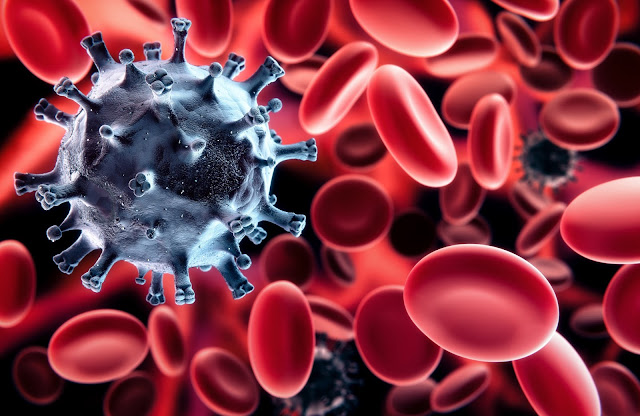“We're looking at another
weapon in the arsenal”
A study recent found that a combination of two drugs that
helped allow the immune system to fight the cancer -- ipilimumab and nivolumab
-- stopped the deadly skin cancer melanoma from advancing for nearly a year in
58 percent of the cases.
In addition, there are other studies that have shown promise
in treating lung cancer, according to CNN.
Those involved in the fight against cancer are divided as to just how excited
to get over the promise of immunotherapy in battling cancer.
"Immunotherapy drugs have already revolutionized
melanoma treatment, and now we're seeing how they might be even more powerful
when they're combined," said Dr. Steven O'Day, an expert with the American
Society of Clinical Oncology.
"But the results also warrant caution -- the nivolumab
and ipilimumab combination used in this study came with greater side effects,
which might offset its benefits for some patients. Physicians and patients will
need to weigh these considerations carefully," O'Day explained to CNN.
In the study, 36 percent of the patients receiving the
two-drug combination had to stop the therapy due to side effects. Nell
Barrie, a spokeswoman for Cancer Research UK, while calling the results
"encouraging" and "promising," told CNN that a lot remains
to be learned and the new drugs would not replace any of the existing cancer
treatments.
According to Barrie, surgery and chemotherapy or
radiotherapy would still be vital. Researchers had yet to study the long-term
survival rates for immunotherapy, and the side effects can include inflammation
of the stomach and bowel serious enough to require hospitalization, said
Barrie.
But Dr. James Larkin, the lead author of the melanoma study,
called the results a ‘game changer.’
"We've seen these drugs working in a
wide range of cancers, and I think we are at the beginning of a new era in
treating cancer.”
Barrie said immunotherapy could offer hope to people with
cancers that are otherwise difficult to treat. "We're looking at another
weapon in the arsenal,” he said.
|
Share this article with your social network, just click below to share now!
|
|
|
















1 comment :
Generic Hexalen (Altretamine) Used in treatment Ovarian cancer
Post a Comment